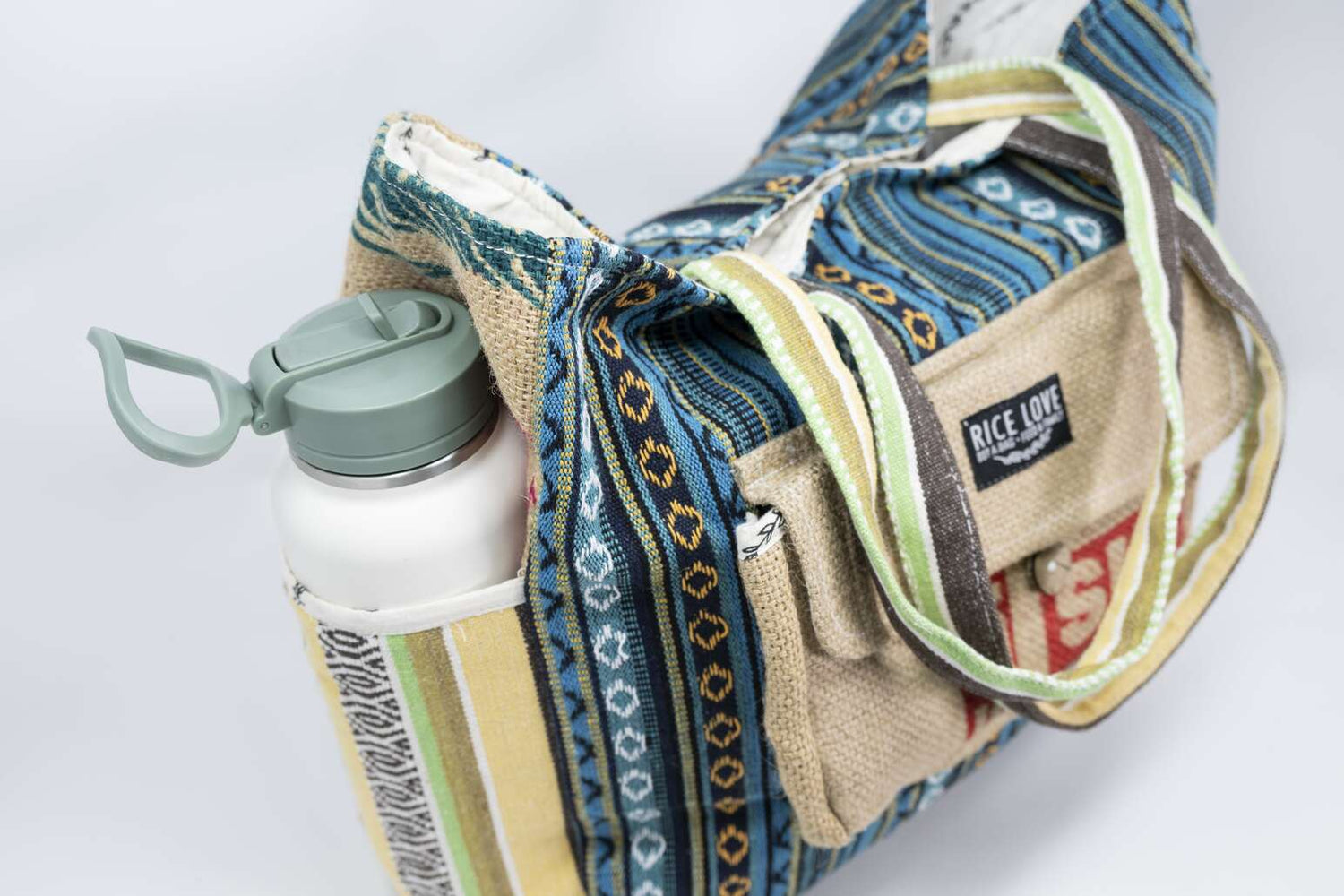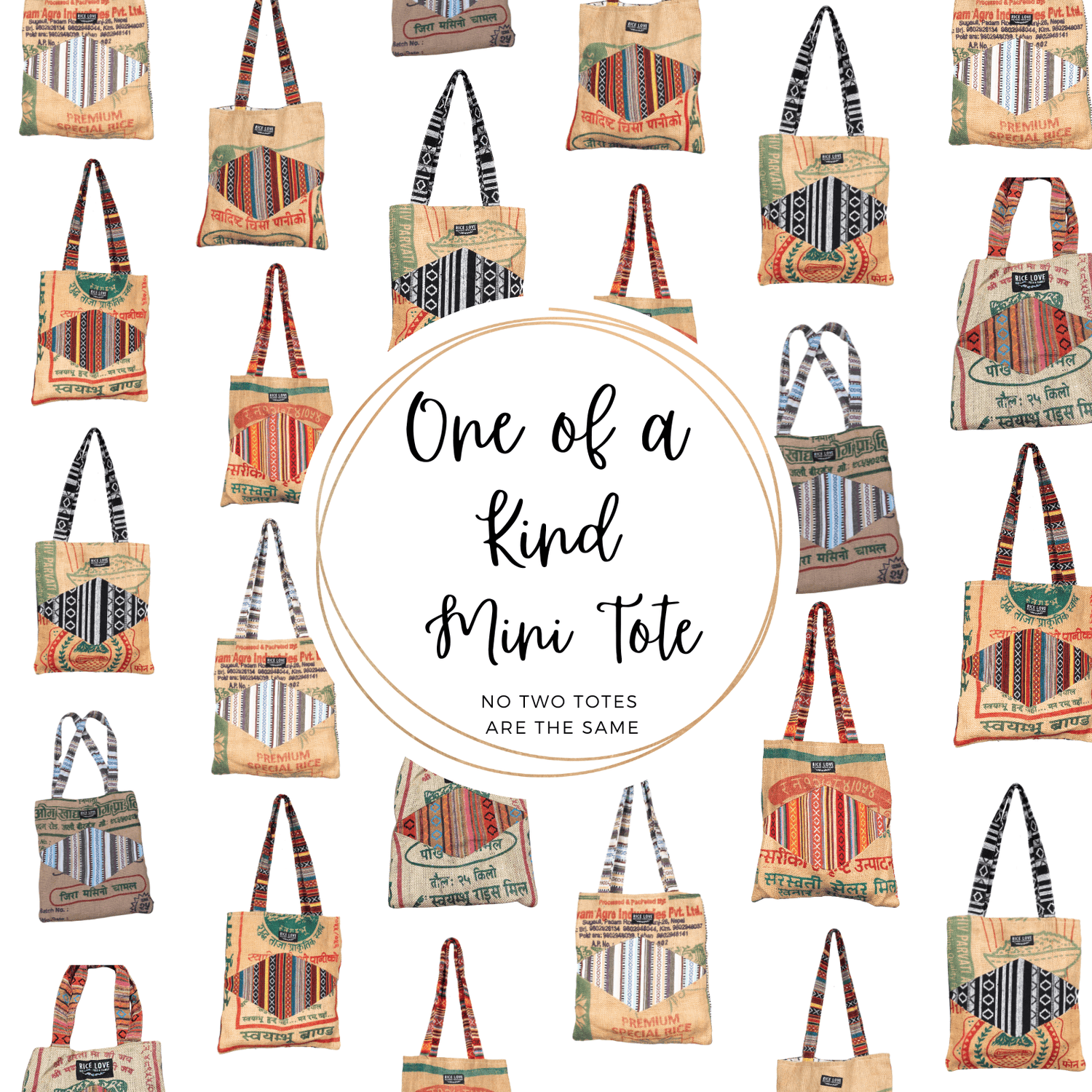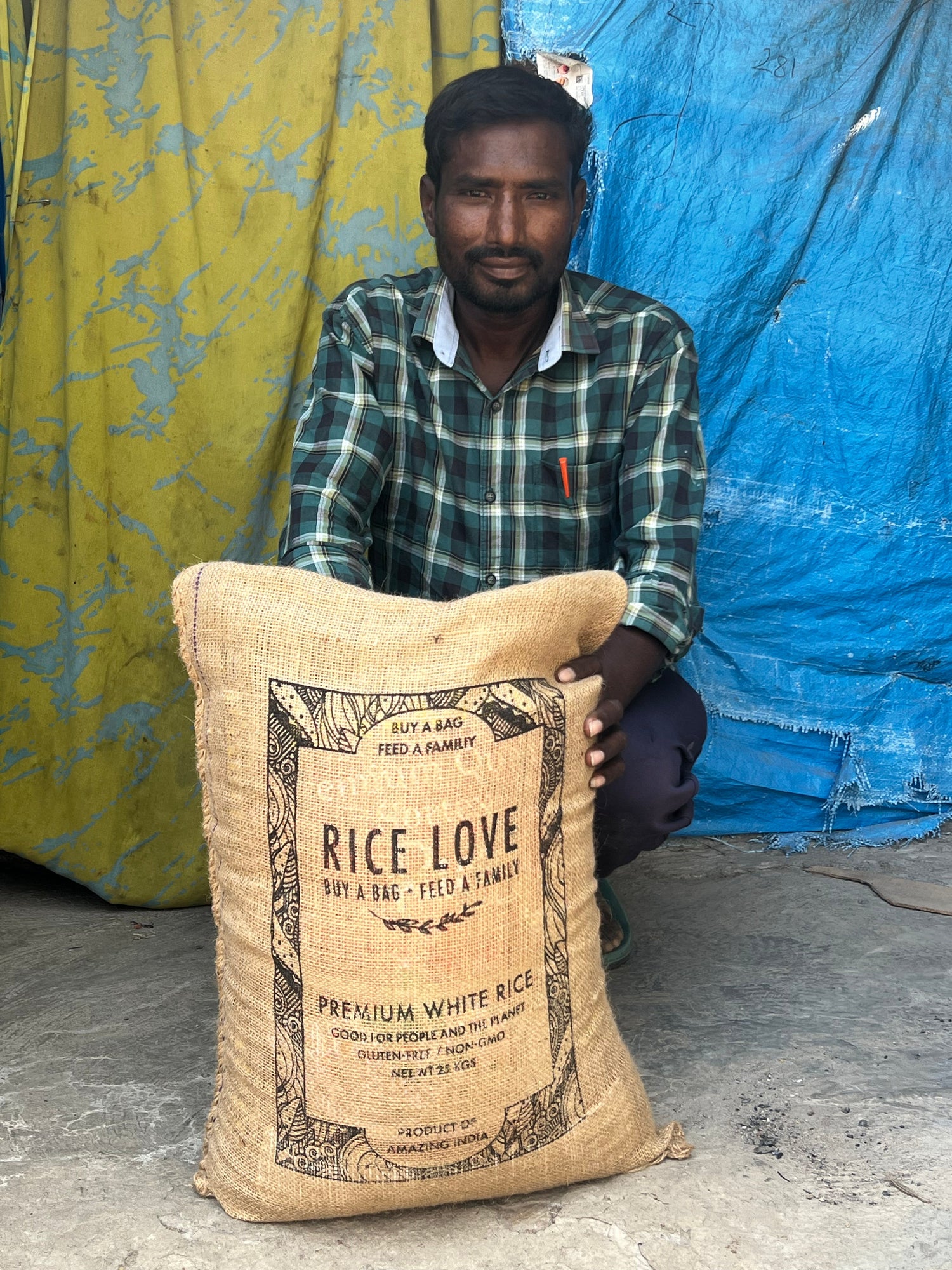Embracing a zero waste lifestyle is a powerful step towards sustainable living, benefiting not only the environment but also enhancing your overall wellbeing. Transitioning to eco-conscious living might seem daunting at first, but by making simple swaps in your daily routine, you can significantly reduce your carbon footprint and preserve the planet for future generations. Here, we delve into practical steps and swaps to ease this transition and truly embody the essence of zero waste living.
Understanding the Zero Waste Philosophy
The zero waste philosophy aims to redefine our relationship with waste, encouraging us to rethink what we use and how we dispose of it. It's about adopting a circular lifecycle for products where we focus on minimizing waste at every stage—production, consumption, and disposal.
Zero waste isn’t just about recycling more—it’s about recycling less. According to research, traditional recycling processes often consume a lot of energy and resources, and not all materials can be recycled efficiently. This lifestyle is a comprehensive approach towards reducing the amount of waste sent to landfills and incinerators, and instead, encouraging reusing and repurposing materials.
Simple Swaps for a Zero Waste Home
Your home is the perfect place to start implementing zero waste practices. Begin by assessing areas where unnecessary waste occurs and consider alternatives that are both sustainable and practical:
- Eliminate Single-Use Plastics: Swap out plastic bags and bottles for reusable ones. Consider stainless steel or glass bottles for your beverages and use cloth grocery bags for shopping trips.
- Adopt a Composting System: Divert organic waste from the landfill by composting it at home. Composting not only reduces waste but also enriches the soil in your garden, if you have one.
- Choose Refillable Products: Opt for refillable products such as cleaning solutions and personal care products. Many brands now offer refill systems that reduce packaging waste.
Additionally, embracing products made from sustainable materials can have a positive impact. Consider products like Rice Love's Recycled Travel Tote crafted from repurposed burlap rice bags, which contribute to reducing waste and supporting eco-friendly practices.

Conscious Consumption: Buying with Intention
Transitioning to a zero waste lifestyle involves conscious consumption, which is about making mindful choices that align with your sustainability goals. Here are a few strategies:
- Prioritize Quality Over Quantity: Invest in quality products that last longer and require less frequent replacement. This reduces consumption and waste production.
- Support Sustainable Brands: Look for brands that prioritize eco-friendly practices and ethical production. Consider companies that use renewable resources, minimize waste, and offer sustainable packaging.
- Buy Second-Hand: Thrift shopping is a great way to find unique items while reducing demand for new products, thus decreasing the strain on resources.
At Rice Love, for instance, we not only upcycle rice bags but also contribute a kilo of rice to families in need for each purchase, weaving a social impact into every transaction.
Implementing a Zero Waste Kitchen
The kitchen is a hotspot for household waste, but with a few adjustments, you can significantly cut down your waste:
- Bulk Buying: Purchase food items in bulk to minimize packaging waste. Bring your own containers to stores that offer bulk options and reduce single-use plastic.
- Repurpose Leftovers: Be creative with leftovers to avoid food waste. Use them for new meals or compost any scraps.
- Choose Eco-Friendly Utensils: Replace disposable utensils with durable, reusable alternatives. Opt for items made from bamboo or recycled materials.
These practices not only reduce kitchen waste but also encourage thoughtful consumption of resources.
Zero Waste in Fashion and Personal Care
The fashion industry is a significant contributor to environmental degradation, but there are ways to curb this impact:
- Clothing Swaps: Participate in clothing swaps to refresh your wardrobe without purchasing new items.
- Repair and Customize: Instead of discarding damaged clothes, repair them or get creative with customizations to extend their life.
- Eco-Friendly Personal Care: Choose personal care products with minimal packaging. Brands are increasingly offering solid or refillable alternatives.
Transitioning to sustainable fashion aligns with the mission of supporting eco-conscious living. Our One of a Kind Mini Tote made from recycled jute highlights such efforts, where no two bags are the same, promoting individuality through sustainable means.

The Social Impact of Zero Waste Living
Pursuing a zero waste lifestyle extends beyond environmental benefits; it can profoundly impact communities. As you transition, consider how your choices support sustainable development and promote social equity:
- Community Support: Engage in local initiatives that promote sustainability and reduce waste. Join community clean-ups or support local farmers and artisans.
- Education and Advocacy: Share your zero waste journey with others to inspire change. Educating your community about the benefits of reducing waste helps multiply the positive impacts.
- Corporate Responsibility: Encourage businesses and organizations to adopt sustainable practices. Advocate for policies supporting eco-friendly operations and supply chains.
At Rice Love, we believe in the power of community and giving back. Each purchase contributes to our goals of eradicating hunger and promoting environmental sustainability, embodying the principles of zero waste living.
Wrap Up with a Call to Action
Choosing a zero waste lifestyle is a transformative journey benefiting both the planet and its inhabitants. With concerted efforts and conscious choices, you can significantly reduce your waste output and inspire others to join in. Remember, every action counts, and together, we can build a more sustainable future.
Explore more about how our products support zero waste initiatives and contribute to global hunger eradication by visiting our store here.




